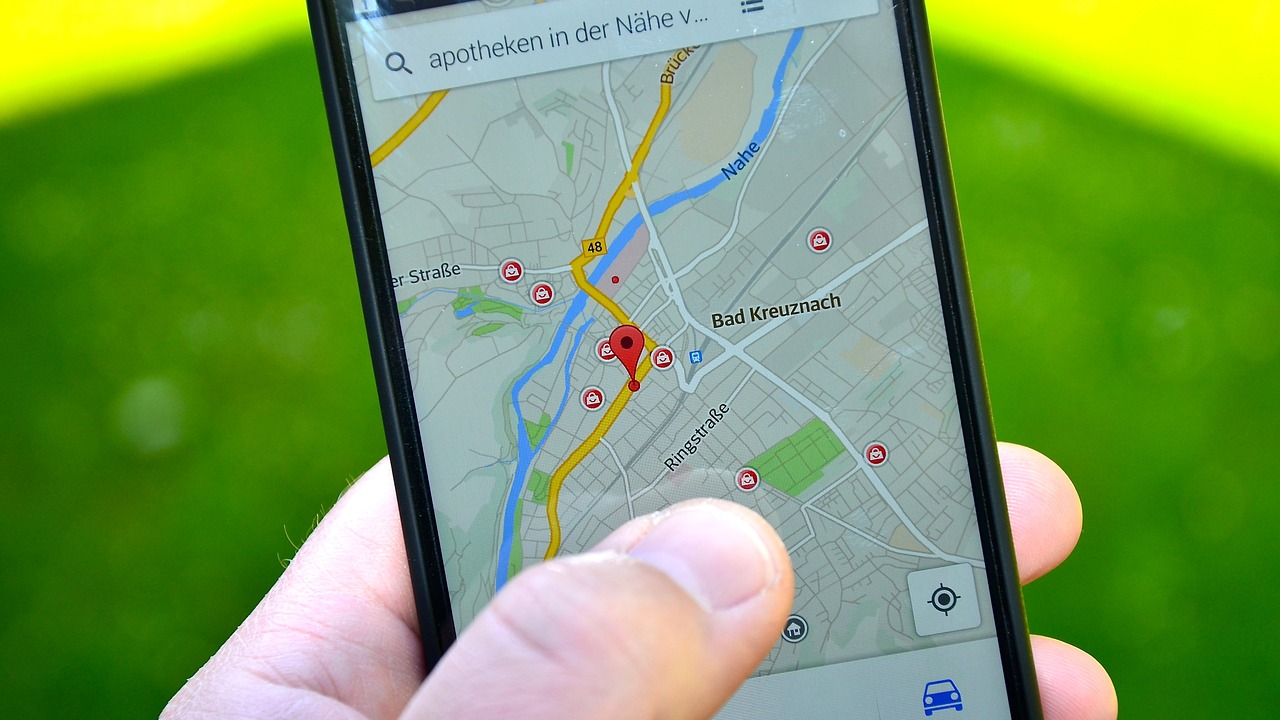New zero-knowledge location authentication method developed by university collaboration
You can share your device's location without sharing your device's location

Sign up for breaking news, reviews, opinion, top tech deals, and more.
You are now subscribed
Your newsletter sign-up was successful
- Multiple researchers came up with a new method of location sharing
- The method keeps user privacy while sharing relevant data
- It could have big implications across industries
Researchers have come up with a new method to “prove” where you’re located, without actually having to share sensitive location data.
If adopted, the method could have major implications for businesses such as ride-sharing or delivery, smart cities and public transport, or digital advertising and marketing.
The paper, presented recently at the 2025 IEEE Symposium on Security and Privacy, was drafted by authors Jens Ernstberger (Technical University of Munich), Chengru Zhang (University of Hong Kong), Luca Ciprian (Technical University of Munich), Philipp Jovanovic (University College London), and Sebastian Steinhorst (Technical University of Munich). It is called “Zero-Knowledge Location Privacy via Accurate Floating-Point SNARKs”.
With Aura's parental control software, you can filter, block, and monitor websites and apps, set screen time limits. Parents will also receive breach alerts, Dark Web monitoring, VPN protection, and antivirus.
Preferred partner (What does this mean?)
How it works and what are the downsides?
Simplified, it works like this: instead of revealing their exact location (as is the case today), the user creates a cryptographic commitment (essentially, the data is locked behind a crypto key). The data cannot be changed, but also cannot be viewed by third parties.
Then, the device runs a zero-knowledge proof algorithm, proving that the data locked behind the crypto key is accurate. Ultimately, the verifier (which can be an app, or a server) checks the zero-knowledge proof, and because of the cryptographic properties, they can confidently confirm the location meets the condition without ever seeing the exact coordinates.
The method’s key limitation is that it doesn’t inherently guarantee the authenticity of the location data. Since the system relies on the device, or user, to provide the location data in the first place, it can still be spoofed (if the GPS data is fake, for example).
In the paper, the researchers proposed a solution for verifying that a location proof isn’t forged, which involves network communication with a third party (for example, the Global Navigation Satellite System (GNSS) signals). In that case, data on where the device says it is located would no longer be non-interactive.
Sign up to the TechRadar Pro newsletter to get all the top news, opinion, features and guidance your business needs to succeed!
Via The Register
You might also like
- Privacy of millions worldwide compromised as huge data location broker got hacked
- Take a look at our guide to the best authenticator app
- We've rounded up the best password managers
Sead is a seasoned freelance journalist based in Sarajevo, Bosnia and Herzegovina. He writes about IT (cloud, IoT, 5G, VPN) and cybersecurity (ransomware, data breaches, laws and regulations). In his career, spanning more than a decade, he’s written for numerous media outlets, including Al Jazeera Balkans. He’s also held several modules on content writing for Represent Communications.
You must confirm your public display name before commenting
Please logout and then login again, you will then be prompted to enter your display name.
